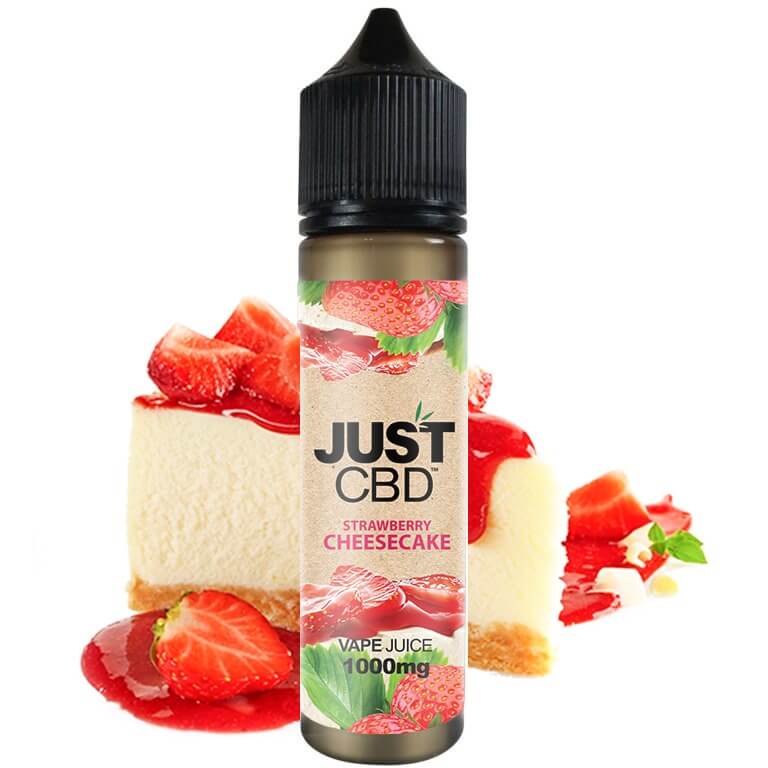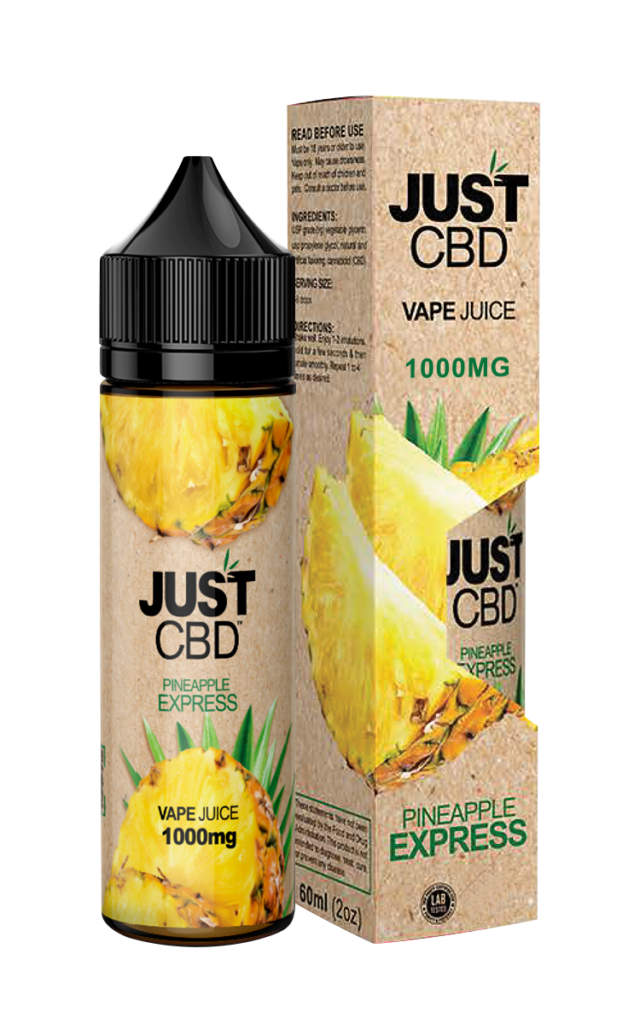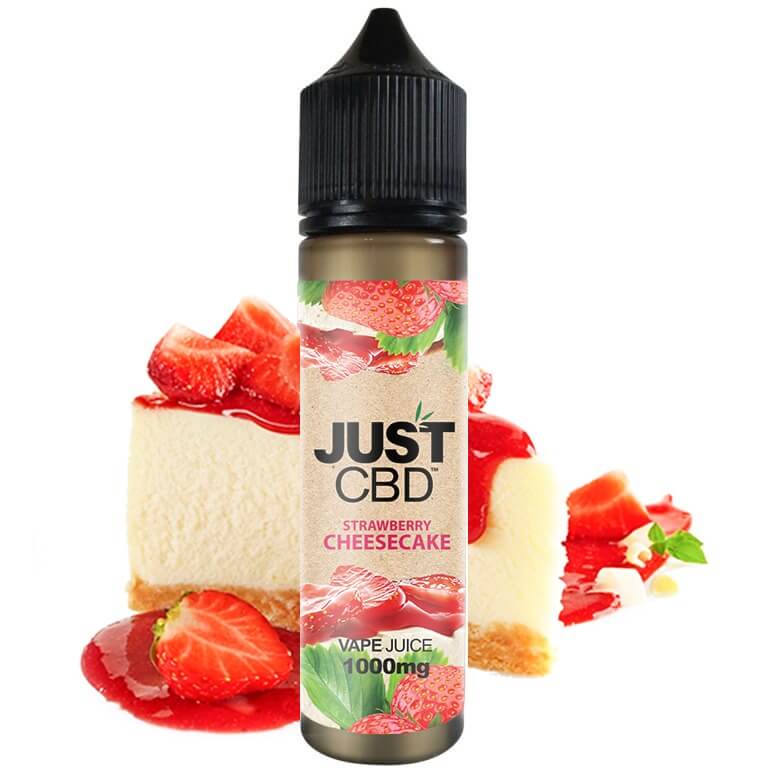Cannabidiol (CBD) has emerged as a popular wellness product in the United States, found in a variety of forms ranging from oils and edibles to tinctures and vapes. Among the most widely used methods of consuming CBD is through vape oil, which offers a quick onset of effects and is discreet. However, with the rapid rise in CBD’s popularity, questions around its legality have become common, particularly in the context of CBD vape oil. As CBD remains a relatively new product in the U.S., its legal status varies by state, which can be confusing for consumers, especially when navigating different regulations.
This article provides an overview of the legality of CBD vape oil across the U.S. with an emphasis on state-by-state regulations, helping consumers understand where it is legal, where it is restricted, and what that means for purchasing and using these products.
What is CBD Vape Oil?
CBD vape oil is a liquid that contains cannabidiol, a non-psychoactive compound found in the cannabis plant. CBD is extracted from hemp or marijuana and can be inhaled via a vaporizer device. The vaporizer heats the CBD oil, transforming it into an inhalable mist. It’s important to note that CBD vape oil is distinct from THC vape oil, which contains tetrahydrocannabinol, the psychoactive compound in cannabis responsible for a “high.”
CBD vape oil is typically made from CBD isolate or broad-spectrum CBD, which means it contains CBD but no THC. This makes it an attractive option for individuals seeking the potential therapeutic benefits of CBD without the mind-altering effects of THC. CBD has been associated with various health benefits, including stress relief, anxiety reduction, pain management, and improved sleep.
The Legal Framework of CBD in the U.S.
The legality of CBD, including CBD vape oil, is governed by both federal and state laws. At the federal level, the 2018 Farm Bill legalized hemp-derived CBD products, including CBD vape oil, across the U.S., provided the product contains less than 0.3% THC. This law distinguishes hemp from marijuana, which remains illegal at the federal level due to its high THC content. Hemp-derived CBD, which has trace amounts of THC, is considered legal for commercial sale under the 2018 Farm Bill.
However, while the federal government has set broad regulations, it is up to individual states to determine whether they wish to allow or restrict CBD products. This has led to a patchwork of laws, where CBD vape oil may be legal in one state and restricted or outright banned in another.
State-by-State Regulations for CBD Vape Oil
- California California has been a leader in cannabis legalization, including CBD. CBD vape oil is legal in California, as long as it comes from hemp and contains less than 0.3% THC. California has a regulated market for CBD products, which includes strict labeling, testing, and age restrictions. Consumers can find CBD vape oil in licensed dispensaries and online, though they must be at least 21 years old to purchase.
- New York New York’s regulations around CBD vape oil are also relatively relaxed. In the state, CBD derived from hemp is legal for both medical and recreational use. However, New York has placed a ban on the sale of flavored vape products, which affects all vaping products, including CBD. This law aims to curb the rise in youth vaping, although CBD vape oil itself remains legal for adults to purchase.
- Texas In Texas, CBD vape oil derived from hemp is legal, provided the THC content is below 0.3%. Texas has become more progressive in its stance on hemp-derived CBD since the passage of the 2018 Farm Bill. However, there are still restrictions, particularly when it comes to CBD vape oil. The Texas Department of State Health Services (DSHS) has warned against certain types of CBD products, particularly those marketed for medicinal purposes without approval.
- Florida Florida is another state where hemp-derived CBD is legal. However, CBD vape oil must adhere to federal standards (containing less than 0.3% THC). Florida also enforces regulations surrounding the sale of CBD products, requiring manufacturers to test their products for safety and quality. Local counties may have additional ordinances in place, but CBD vape oil is generally available for purchase by adults over the age of 18.
- Colorado Colorado, known for its progressive cannabis laws, allows CBD vape oil for both medical and recreational use. As of now, there are no statewide restrictions on CBD vape products, though they must still meet the requirement of less than 0.3% THC. Colorado’s extensive cannabis infrastructure ensures that CBD vape oil products are tested for purity, and the state has strict quality control standards.
- Nevada In Nevada, CBD vape oil is legal if it comes from hemp and contains less than 0.3% THC. Nevada is a state with a well-regulated cannabis market, and CBD products, including vape oils, are sold in licensed dispensaries. In addition, Nevada’s state law allows the sale of both recreational cannabis and hemp-derived CBD, making CBD vape oil widely accessible to adult consumers.
- Illinois Illinois has also fully embraced CBD. Since the 2018 Farm Bill, hemp-derived CBD is legal for both recreational and medicinal use. Illinois has strong consumer protection laws in place, ensuring that CBD vape oil is safe to consume. Local regulations may apply, but there are no specific restrictions on the sale of CBD vape oil in the state.
- Alabama Alabama is more restrictive than many other states when it comes to CBD. While hemp-derived CBD is legal in Alabama, it must meet stringent THC limits. The state is also one of the few that has additional restrictions on the sale of CBD vape oil. Vape products may be subject to a ban in some counties, and there are additional local-level regulations that consumers should be aware of before purchasing.
- Georgia In Georgia, CBD vape oil derived from hemp is legal, as long as it contains less than 0.3% THC. However, Georgia has been slow to embrace the widespread sale of CBD products, and there may be restrictions on where CBD vape oil can be sold. The state’s laws are continually evolving, with local municipalities occasionally imposing stricter regulations.
- Arizona Arizona has legalized the use of CBD vape oil, provided the product is derived from hemp and contains less than 0.3% THC. Arizona’s Department of Health Services oversees the regulation of CBD products, ensuring that safety standards are met. There is also a growing market for CBD vape oil, particularly among consumers who are seeking alternatives to traditional cannabis products.
- North Carolina North Carolina has stricter regulations regarding CBD products. Although hemp-derived CBD vape oil is legal, it is important for consumers to be aware of local ordinances and rules. North Carolina has more limited access to CBD products, with some counties imposing restrictions on the sale of vape products.
Challenges and Future Outlook
The legal landscape surrounding CBD vape oil is still in flux. While the 2018 Farm Bill legalized hemp-derived CBD at the federal level, each state has the authority to regulate its own cannabis and CBD laws. This means that consumers must remain aware of their state’s specific laws, as they could change over time.
Additionally, the FDA has yet to issue comprehensive regulations for CBD products, including vaping products. This has led to concerns about product safety, quality, and potential health risks associated with vaping. In recent years, reports of vaping-related illnesses have raised questions about the safety of vaping in general, including CBD vape oil. This may prompt states and federal agencies to take more restrictive actions in the future.
Conclusion
The legality of CBD vape oil in the U.S. is complex and varies significantly from state to state. While it is federally legal under the 2018 Farm Bill, individual states maintain the right to regulate the sale and use of CBD products. It is crucial for consumers to stay informed about their state’s laws and be mindful of evolving regulations. As the market continues to grow and more research is conducted on the effects of CBD, we can expect state laws to adapt, creating a clearer path forward for consumers and manufacturers alike.
As someone who enjoys vaping as part of my daily routine, I decided to give Just CBD’s vape oils a try—and I have to say, I was not disappointed. I tried three different strengths: the 3000mg CBD Vape Oil, the 1500mg Vape Oil, and the 1000mg CBD Vape Oil, each with their own unique flavor options. Let me share my experience with each one and give you my take on them!
3000mg CBD Vape Oil

Purchase here: 3000mg CBD Vape Oil
First up is the 3000mg CBD Vape Oil. Let me tell you, this one packs a punch. If you’re an experienced CBD user and looking for something with a strong effect, this one is a great choice. I personally loved how smooth the vape hit was, and I could immediately feel the calming effects kick in. I went for the Blueberry flavor, and it had a nice, subtle berry taste that wasn’t too overpowering. The flavor lingered just enough to enjoy without getting sick of it, which is a big plus. This one was definitely my favorite because of how effective it was and how quickly it worked for relaxation and stress relief.
1500mg Vape Oil

Purchase here: 1500mg Vape Oil
Next, I tried the 1500mg Vape Oil, which felt like a nice middle ground between strength and taste. The effects weren’t as immediate or as potent as the 3000mg version, but it still worked really well for daily use. I found myself reaching for this one when I wanted a milder experience without feeling overwhelmed. I chose the Natural Hemp flavor for this one, and it had that earthy, classic hemp taste that some people love. For me, it was a bit too strong on the hemp flavor, so if you’re not a fan of the earthy taste, this might not be your go-to. However, it did the job of easing tension and helping me unwind after a busy day.
1000mg CBD Vape Oil

Purchase here: 1000mg CBD Vape Oil
Lastly, I tried the 1000mg CBD Vape Oil. This one was the mildest of the bunch, and I actually really liked it for daytime use when I didn’t want to feel too relaxed or sleepy. The effect was subtle but still effective, providing a nice balance of calm and focus. The flavor I picked was Tropical Fruit, and it was delicious! It tasted like a fruity burst without being too sweet or artificial. This is the kind of vape I’d reach for when I’m working or need something light to take the edge off without feeling too chill.
Comparison & Final Thoughts
- 3000mg Vape Oil: Strongest, most effective, and best for unwinding after a long day or to help with relaxation and sleep. Blueberry flavor was delightful but could be too intense for some.
- 1500mg Vape Oil: A good middle ground with a bit less intensity. If you like the classic earthy hemp flavor, this one’s for you, but it could be overwhelming for others.
- 1000mg Vape Oil: Perfect for light use, whether you’re working or just want something refreshing. Tropical Fruit flavor was my favorite, and the effects were subtle but definitely noticeable.
Overall, Just CBD has done a fantastic job with these vape oils, and I can see myself using all three depending on the situation. The flavors are pleasant, the effects are spot-on, and I love that there are options for different strengths to suit any need.
What is CBD oil, and how does it work?
CBD oil is a product made from cannabidiol, a compound derived from the cannabis plant. Unlike THC, CBD doesn’t produce a “high” and is used primarily for its potential therapeutic effects, such as reducing anxiety, pain, and inflammation. It works by interacting with the body’s endocannabinoid system, which helps regulate various functions, including mood, appetite, and sleep.
Is CBD oil legal in the USA?
CBD oil is legal at the federal level in the USA as long as it contains less than 0.3% THC, following the 2018 Farm Bill. However, each state has its own regulations, so it’s essential to check local laws before purchasing or using CBD oil.
Can CBD oil get you high?
No, CBD oil will not get you high. CBD is non-psychoactive, meaning it doesn’t produce the mind-altering effects typically associated with THC. While it’s derived from cannabis, CBD doesn’t induce the “high” that many people associate with marijuana use.
Are there side effects of using CBD oil?
CBD is generally considered safe for most people, but some may experience mild side effects such as fatigue, dry mouth, dizziness, or changes in appetite. It’s essential to consult with a healthcare provider before using CBD oil, especially if you are on medication.
How do I use CBD oil?
CBD oil can be used in various ways, including sublingually (under the tongue), mixed into food or beverages, or applied topically. The method of use depends on the type of CBD oil and your personal preference. Always follow the instructions provided on the product packaging for optimal results.
Is CBD oil safe for pets?
Yes, CBD oil can be safe for pets when used correctly. Many pet owners use CBD oil to help with anxiety, pain, and other conditions in pets. However, it’s important to choose products designed specifically for pets and to consult a veterinarian before use to ensure proper dosage.
Can CBD oil help with anxiety?
CBD oil has shown promise in studies for helping to reduce symptoms of anxiety, particularly in people with social anxiety, generalized anxiety, or PTSD. It may help promote relaxation and reduce stress without the sedative effects that other medications may cause.
How do I choose a quality CBD oil?
When selecting a CBD oil, look for products that have been third-party tested for potency and purity. Choose a brand that provides a certificate of analysis (COA) to confirm the product’s cannabinoid content and ensure it’s free of contaminants such as pesticides, heavy metals, or solvents.
How long does it take for CBD oil to work?
The time it takes for CBD oil to work can vary depending on the method of consumption. Sublingual (under-the-tongue) absorption typically allows CBD to take effect within 15-45 minutes, while edibles or capsules may take 30-90 minutes to show effects.
Can CBD oil help with sleep?
Yes, many people use CBD oil to help with sleep-related issues. It may promote relaxation and reduce anxiety, which can improve sleep quality. However, the effectiveness of CBD for sleep varies between individuals, and it may be helpful to experiment with different dosages or combinations with other supplements like melatonin.
- Chris McCausland takes a break from Strictly on romantic walk with rarely seen wife after samba row - June 4, 2025
- Popular THC Seltzers in Michigan Right Now - May 31, 2025
- Arizona’s Most Popular THC Infused Drinks - May 31, 2025
